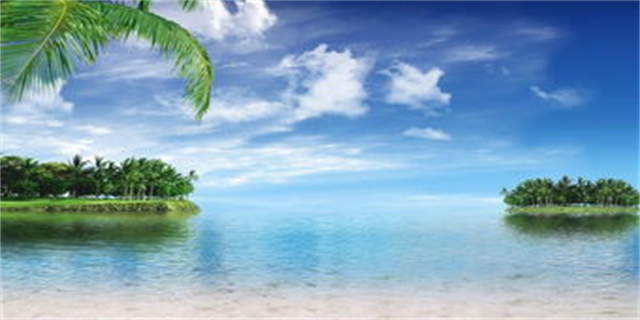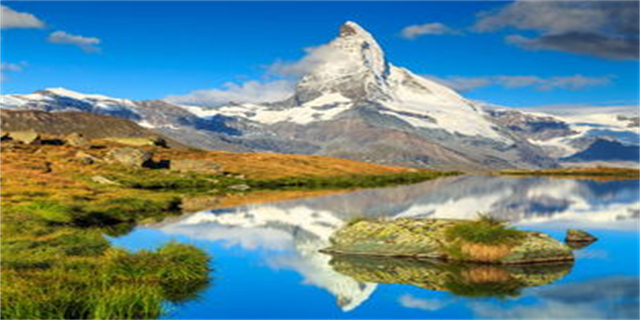coast和beach有什么区别(Coast VS Beach)

Coast VS Beach
Introduction:
When it comes to coastal areas, many people tend to use the terms \"coast\" and \"beach\" interchangeably, thinking they refer to the same thing. However, the two words have different meanings and implications. In this article, we will explore the differences between coast and beach in terms of definition, formation and activities.
Definition:
A \"coast\" refers to the land along the edge of a sea or ocean, which can be rocky, sandy or muddy. It encompasses a wider area than a beach, typically including cliffs, dunes, marshes and estuaries. A \"beach\", on the other hand, refers to the narrow strip of sand or pebbles that lies between the water and the coast. It is a dynamic environment that changes constantly due to waves, tides and weather conditions.
Formation:
The formation of a coast and a beach is influenced by different factors. Coastlines are shaped by the interaction of geological, oceanic and atmospheric forces over a long period of time. For example, mountains and plateaus that rise above sea level can create rugged coastlines with steep cliffs and rocky formations. Meanwhile, the ebb and flow of tides, along with currents and wind patterns, determine the shape and stability of a beach, as well as its sand composition and color.
Activities:
Due to their different features, coasts and beaches offer different recreational and economic opportunities. Coasts are often used for fishing, shipping, tourism, and energy production, as they provide access to a variety of resources and raw materials. Beaches, on the other hand, are primarily associated with leisure and tourism activities, such as swimming, sunbathing, surfing, and beach volleyball. They attract millions of visitors each year and contribute significantly to the local and global tourism industry.
Conclusion:
In conclusion, while coast and beach share some similarities, they are distinct entities that should not be confused. Coast refers to the broader area along the edge of a sea, which may or may not include a beach. Beach, on the other hand, refers to the narrow strip of sand that lies between the water and the coast. Understanding the differences between these terms can help us appreciate the diversity and complexity of our oceanic environments.











